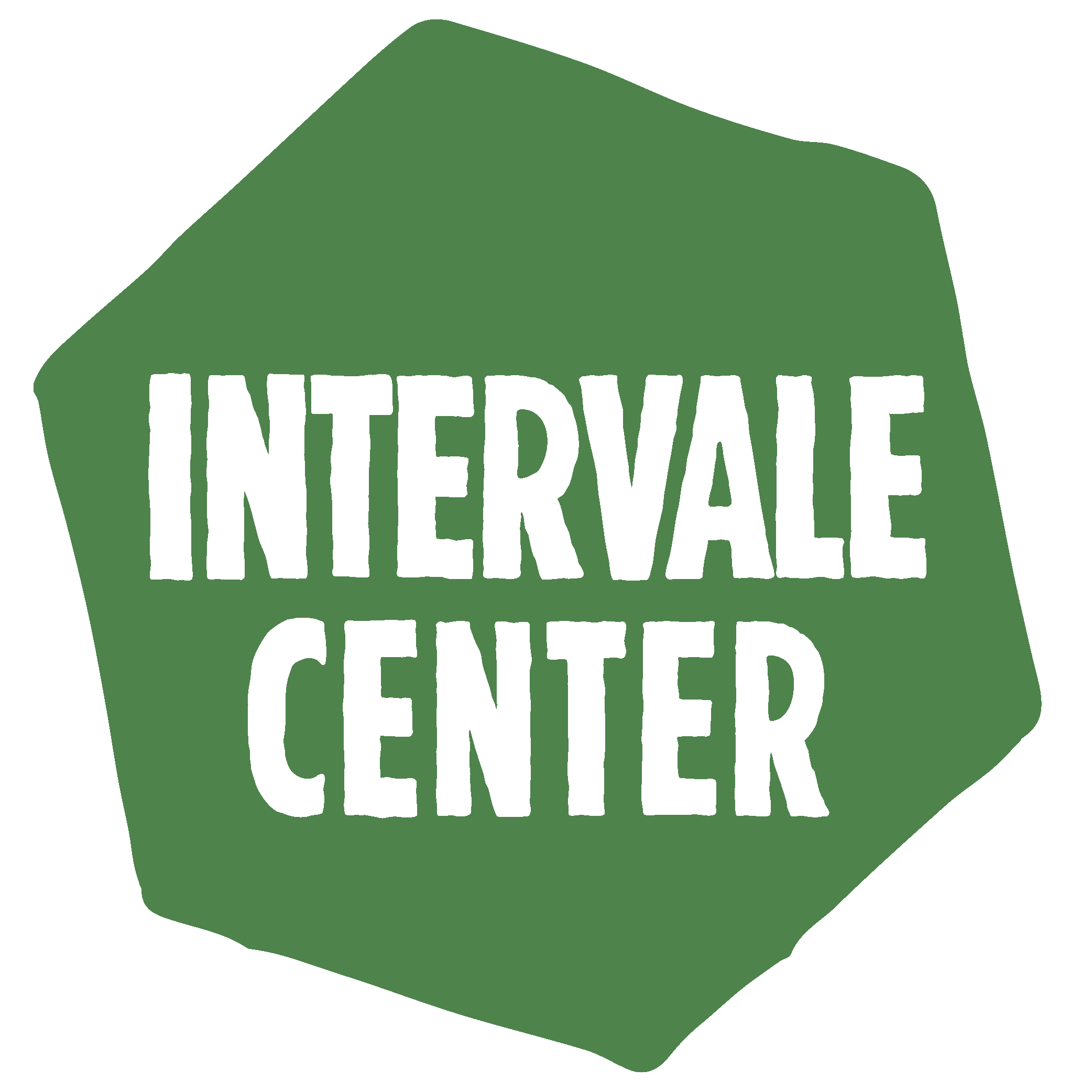The Intervale Center is a one-of-a-kind farm and food systems organization. As a leader in the community food systems movement for over 35 years we have consistently worked to support farms, enhance land stewardship, and increase community engagement. Since our founding, we have launched many groundbreaking and transformative initiatives including a farm incubation program, Vermont’s largest native tree and shrub nursery, a compost facility, and a food hub, reaching every corner of Vermont and serving as inspiration for others. We have restored and revitalized 360 acres of land in Vermont’s most populated region as a resource for all to enjoy, while creating new farm models and social enterprises. We are a leader locally and nationally in farm viability, food systems equity, food access, ecosystem restoration, native seed conservation, and land stewardship. Our programs together build a thriving and just farm economy, working to ensure that everyone is food secure and building climate resiliency for Vermont.
This plan gives us focus on what is needed today and tomorrow and allows us to enhance our impact in the food system - leading the movement to build a just, thriving and climate resilient food system for all.
Our work over the next five years will:
Support farming and food production that balance the needs of people and the planet;
Protect and steward the natural environment as the foundation of our food system; and
Advance the movement to strengthen community food systems.
2023 was the world’s warmest year on record, with temperatures across Vermont soaring to new highs. Hunger in Vermont remains well above pre-pandemic levels with nearly half of BIPOC families reporting a lack of food security. As the Commission of the Future of Agriculture states, Vermont agriculture “is at a critical moment of promise and peril.” Vermont's dairy sector is struggling to compete, and the need to diversify and strengthen farm businesses for social, environmental, and economic reasons is growing. The climate emergency brings significant challenges to our region through erratic weather patterns, lower crop yields, and human migration. In response, we need to enhance the resilience of regional food systems, diversify production, and feed more people, bringing opportunity to food-producing communities.
A strong community food system begins with healthy soil and waterways. Since our founding, the Intervale Center has made strides toward climate resilience across Vermont’s natural environment by planting trees (one of the most cost-effective climate mitigation strategies), restoring ecosystems, and stewarding land. Through this work, we can support the establishment of resilient, diverse habitats and counteract some of the impacts of agriculture and development on our natural world, all while advancing our state’s shared goals around soil, water and land resilience. Through partnership and resource sharing, we can help build a community food systems movement that prioritizes responses to a changing climate.
We are at a critical moment, as we anticipate increasing shocks from the climate crisis, habitat and species loss, land and water shortages, ongoing racial and economic disparities locally and globally, and growing corporate consolidation in the food system. As a leader in the community food systems movement, the Intervale Center has an important role to play in helping Vermont’s farmers and communities mitigate and adapt to a changing climate and resist and change the economic and social systems that contribute to environmental and community degradation. Together, we can prepare for a changing world by caring for the Earth, farms, farmworkers, and each other. It is this deep care that fuels our work.


